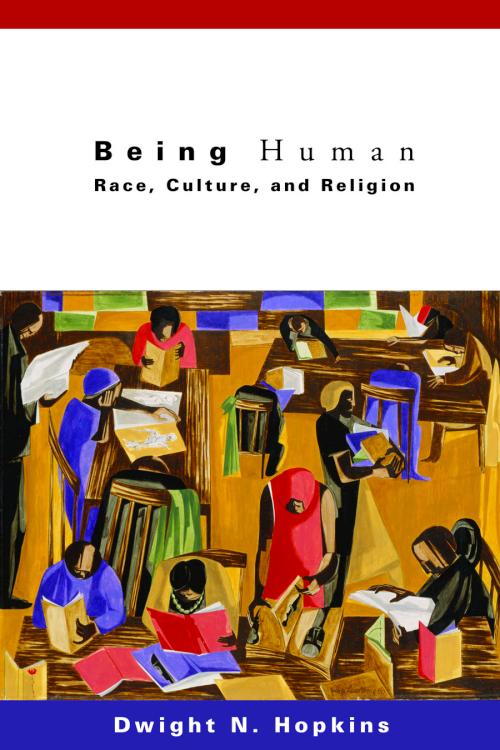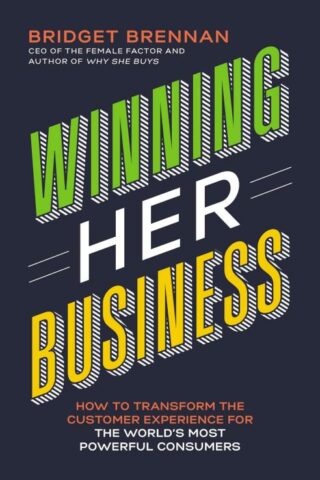Being Human : Race Culture And Religion
$48.33
Introduction: Who Are We?
1.Contemporary Models Of Theological Anthropology
2.Culture: Labor, Aesthetic, And Spirit
3.Selves And The Self: I Am Because We Are
4.Race: Nature And Nurture
5.Conclusion As Introduction
Additional Info
Dwight Hopkins, whose important work in Black Theology has mediated class theological concerns through the prism of African American culture, here offers a fresh take on theological anthropology. Rather than defined “the human” as one eternal or inviolable essence, however, Hopkins looks to the multiple and conflicting notions of the human in contemporary thought, and particularly three key variables: culture, self, and race. Hopkins’ critical reframing of these concepts firmly locates human endeavor, development, transcendence, and liberation in the particular messiness of struggle and strife.
in stock within 3-5 days of online purchase
SKU (ISBN): 9780800637576
ISBN10: 0800637577
Dwight Hopkins
Binding: Trade Paper
Published: August 2005
Publisher: Augsburg Fortress Publishers – 1517 Media
Print On Demand Product
Related products
-
Mere Christianity
$17.99Arguably the 20th century’s most influential Christian writer, C.S. Lewis sought to explain and defend the beliefs that nearly all Christians at all times hold in common. His simple yet deeply profound classic, originally delivered as a series of radio broadcasts, is a book to be thoroughly digested by believers and generously shared with skeptics. Paperback with French f laps and deckled page edges.
Add to cart1 in stock (additional units can be purchased)
-
And The Two Became One Journal
$16.50HARDCOVER, COPTIC BOUND JOURNAL: Allows book to lay completely open when flat for ease of use
192-LINED PAGES: Journal measures 6.5 x 8.5 x 0.75-inches
BECOME ONE: White with gold foil print; reads “And the two shall become one”
INCLUDES 8 ALTERNATING PHRASES: Each page has a different message about marriage, relationships and love
Add to cartin stock within 3-5 days of online purchase
-
New Kind Of Christianity
$16.99After the hailstorm of controversy stirred up by the hardcover, we hope the paperback release keeps the debate going. One of the most innovative Christian voices today and author of the controversial A New Kind of Christian faces head-on the questions that will determine the shape of the faith for the next 500 years.
Add to cart1 in stock (additional units can be purchased)
-
Drawing Pad : Available From Anchor
$4.99Games and Toys
Additional Info
This generously sized drawing pad provides a clean sheet for every creative whim. Premium white bond paper is ideal for pencils, crayons, markers, chalk, watercolor or poster paints.Add to cartin stock within 3-5 days of online purchase
















Reviews
There are no reviews yet.